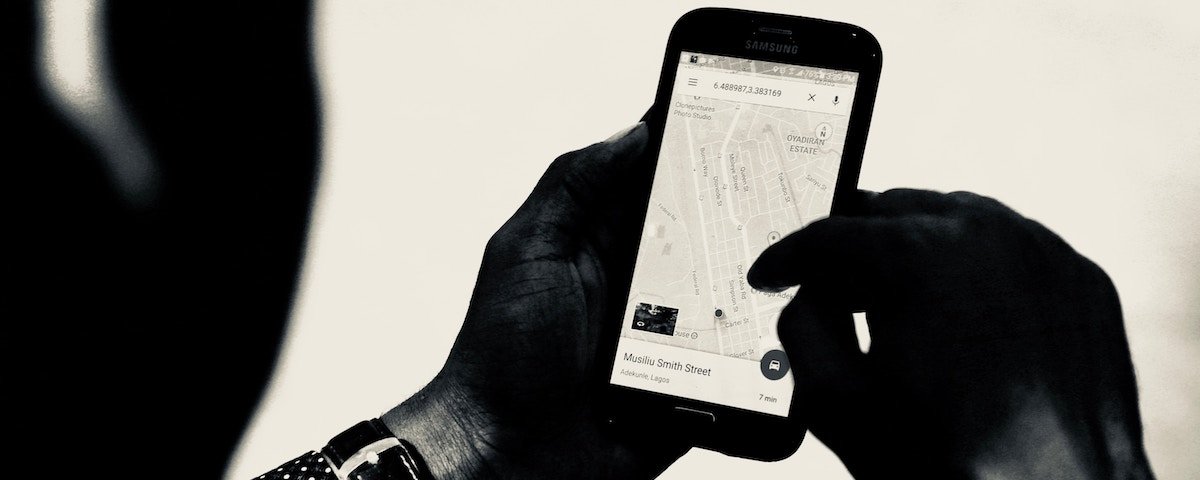In criminal trials or civil disputes it is sometimes necessary to prove the precise location of a person retrospectively. The purpose of such evidence-gathering could be to show that a person was or was not responsible for signing a contract, committing a crime, sending an email or engaging in some other alleged conduct.
There are a number of ways in which one can go about proving that a subject person was at a particular location (and not in another location) on a particular date and/or at a particular point in time. Time is of the essence when gathering location-based evidence, especially when it comes to documenting digital evidence. Such evidence can include the following – items with asterisks are lines of inquiry an investigator or forensic expert can possibly assist with:
- witness statements (a witness may provide affidavit evidence that he or she saw a person at a particular time at a particular place)*
- mobile device data (if one’s phone or tablet has applications that record the device’s location, the device itself may reveal evidence)*
- mobile phone tower data (towers may triangulate the location of a mobile device and telecommunications providers may retain such data – you may need a court order to access this data)
- mobile phone statements/bills (these documents may reveal the location of the phone’s user at times calls were made or messages were sent)
- computer data (a desktop or laptop or another form of hardware may reveal that one was working from a particular location at a particular time)*
- timesheets (it may be possible to show that a person was at work at the specified time)*
- calendar or diary notes or appointment records (in digital devices or physical form – it might be possible for a forensic expert to date these entries)*
- parking tickets, toll charges, receipts and/or transaction records (documents or charges to financial accounts may reveal one’s location/s at particular times of the day)
- automotive forensics (a car’s computer or GPS or a standalone GPS device in a car may keep a record of the vehicle’s whereabouts)*
- CCTV (CCTV footage captured by a shop, a business, a government body or another entity may show a person in a particular place)*
- visa and/or entry to Australia records (such as a VEVO check with the Dept of Home Affairs)
- other (depending on the circumstances of the matter, some other form of evidence may assist)*



